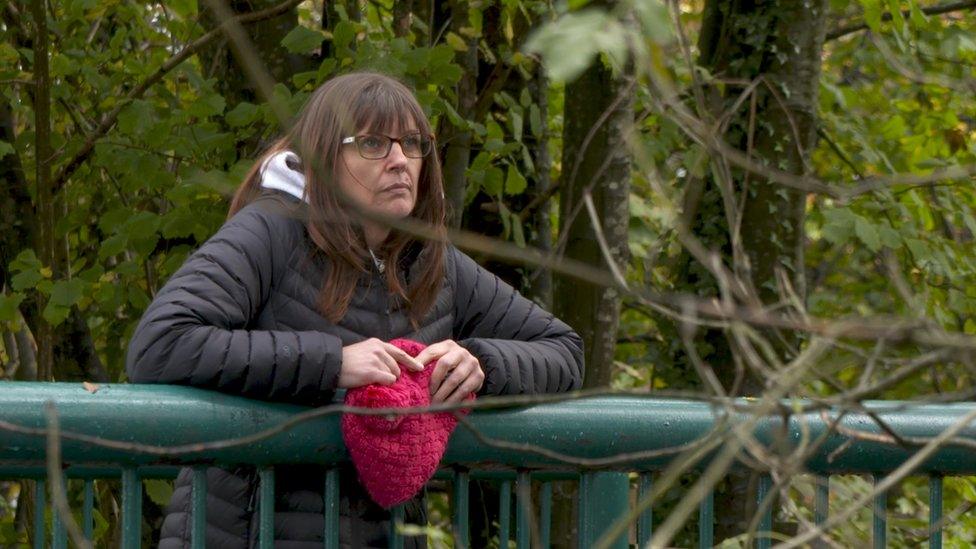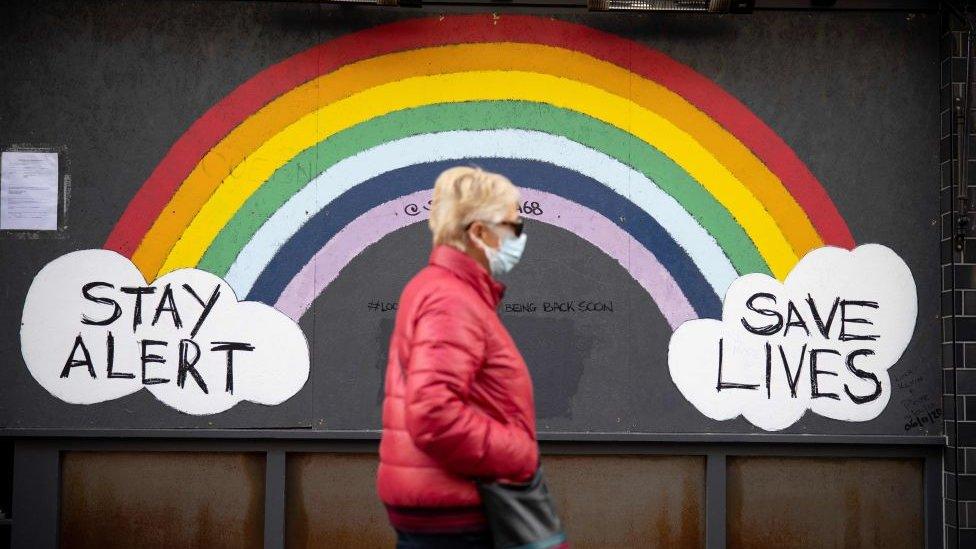Covid: Apology over Wales failings not enough, those affected say
- Published
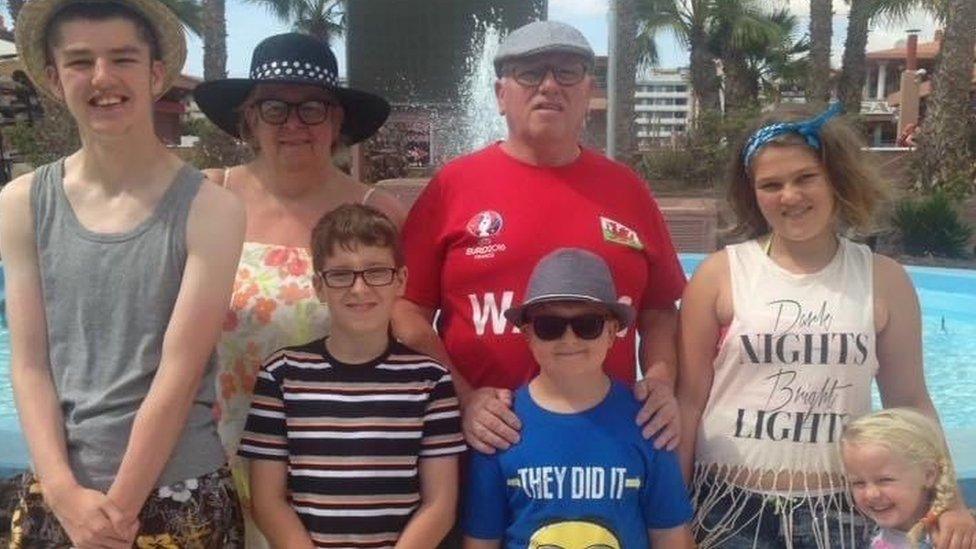
Robert Gibbon's family's lives have changed "unimaginably" since his death with Covid, his daughter says
An apology over Wales' initial handling of the Covid pandemic is "not enough", some affected by the virus have said.
Health Minister Eluned Morgan said sorry after a report by MPs labelled the UK's early response as one of the worst-ever public health failures.
Some of those impacted, including a woman who lost her father, backed calls for a Wales-specific Covid inquiry.
The Welsh government said a UK-wide inquiry should fully encompass all decisions taken in Wales.
Almost 6,000 people have died with coronavirus in Wales, according to Public Health Wales figures.
A UK-wide Covid inquiry is expected to begin in 2022, with Scotland planning to start its own investigation later this year.
Father's death 'could have been avoided'
Rhianna Gibbon, from Merthyr Tydfil, lost her father Robert, 63, to Covid in December 2020.
She said lessons should have been learned in the second wave after the slow first lockdown, after her father was sent home from hospital a week before he died due to "overrun" corridors.
She told BBC Radio Wales Breakfast: "An apology is just not enough. My dad was just one of thousands of people who lost their lives unnecessarily.
"I accept the apology, they've taken responsibility, but this is one of the biggest health issues ever. They [the government] should be held accountable, there should be a separate investigation into the Wales Covid situation.
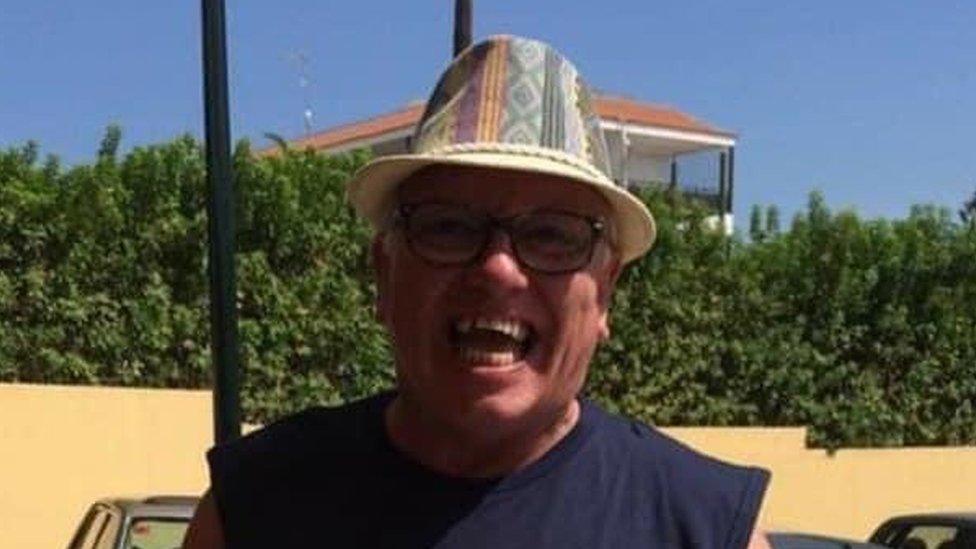
Robert Gibbon died with Covid in December 2020
She added the lives of her and her mother and sister have changed "unimaginably" since Robert's death.
"We're not living any more we're just getting through one day at a time.
"I hope lessons have been learned from it but it doesn't take away the fact that we're not going to see my Dad again and it could've been avoided.
"He died in the second wave, so by then, things should've been better, they should've improved and they hadn't by the second wave."
'Many differences' in Covid responses
Helen Whyley, director of the Royal College of Nursing in Wales, also said an apology was unlikely to be enough for healthcare staff.
"I'm sure for some families that [the apology] will bring them a degree of comfort, but for my members and for nurses who lost colleagues during this pandemic, I'm not sure an apology is going to be enough," she said.
"I think we really do need to understand the lessons that we need to learn from what happened."
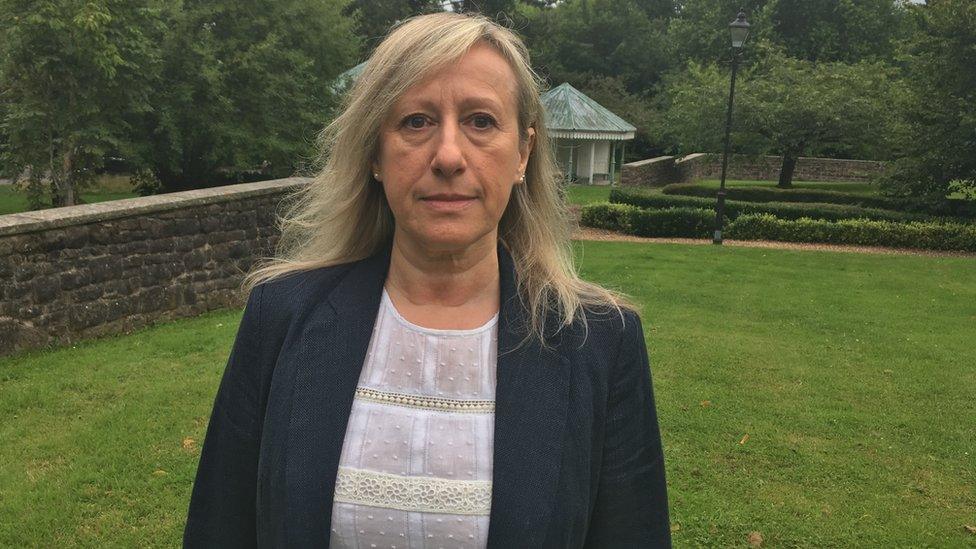
Anna-Louise Marsh-Rees has led a campaign for a Wales-specific Covid inquiry
Meanwhile, Anna-Louise Marsh-Rees, co-founded Covid Bereaved Families for Justice Cymru after the death of her father, Ian, told BBC Wales Today the MPs' report highlighted the need for a Wales-specific Covid inquiry.
She said: "It [the report] almost had to be just England because there are so many differences in the way the four nations made decisions handled the situation, so it would be almost impossible to cover that easily.
"Even more so it highlights the reason each nation needs to look at the way they handled the pandemic in isolation."
The Welsh government said: "The first minister has made it clear that the UK-wide inquiry should fully encompass all decisions made in Wales.
"Some actions and decisions in the pandemic response were taken at a UK level on a four-nations basis - we have always been open to working together where there are shared decisions and shared responses."
Doctor calls for Covid clinics
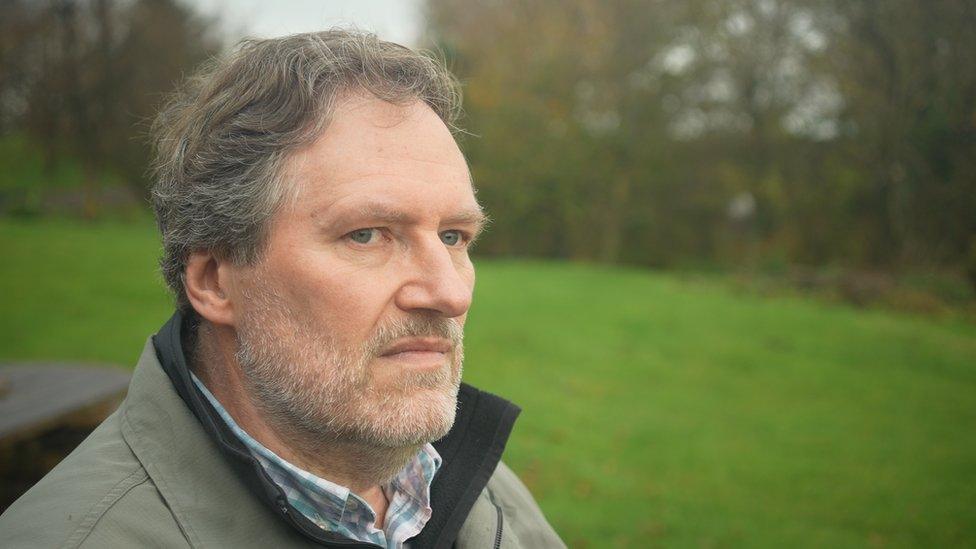
Dr Ian Frayling said he caught Covid more than three weeks before the first lockdown - and is still suffering
Dr Ian Frayling, a senior cancer pathologist from Cowbridge, Vale of Glamorgan, said he contracted Covid-19 at the end of February 2020.
He said he was ill with the virus initially, before he started to feel fatigued with long Covid a few weeks later.
He said the report highlighted a need for specialist long Covid clinics in Wales, as there are in England.
"This is a thing that's specific for Wales. For me I am approaching my day 600 and I'm still affected.
"I've had to go for England for MRI scans, I've got damage in at least six organs."
Dr Frayling said the Welsh government's decision not to set up long Covid clinics was "perverse" and "absolutely dangerously stupid".
The Welsh government said it was providing an "individual tailored approach" to long Covid so they can access services as close to home as possible.
A spokesperson added: "People who require more specialist support, which is only available from hospital-based services will be referred via their GP or healthcare professional.
"As we are learning more about long Covid, the programme will be reviewed on a six-monthly basis."
- Published12 October 2021
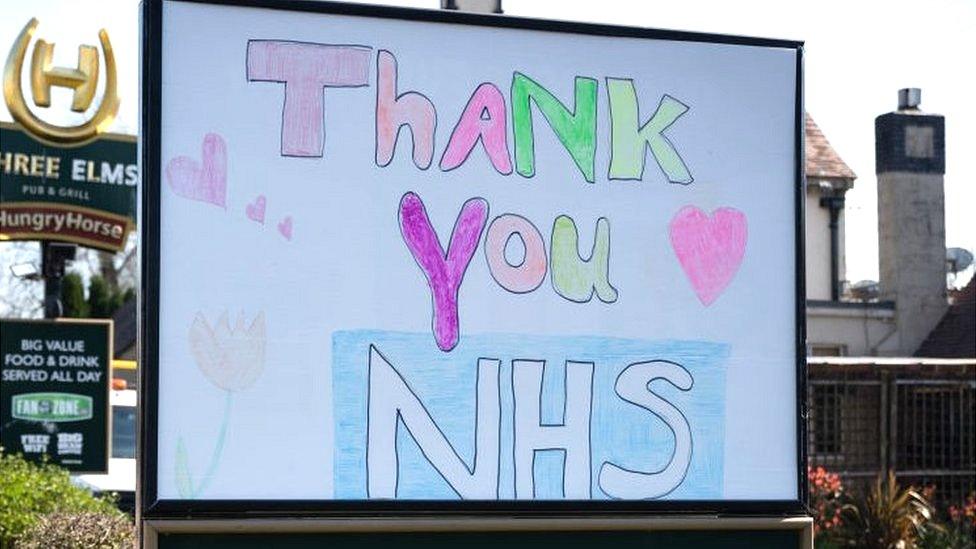
- Published20 August 2021
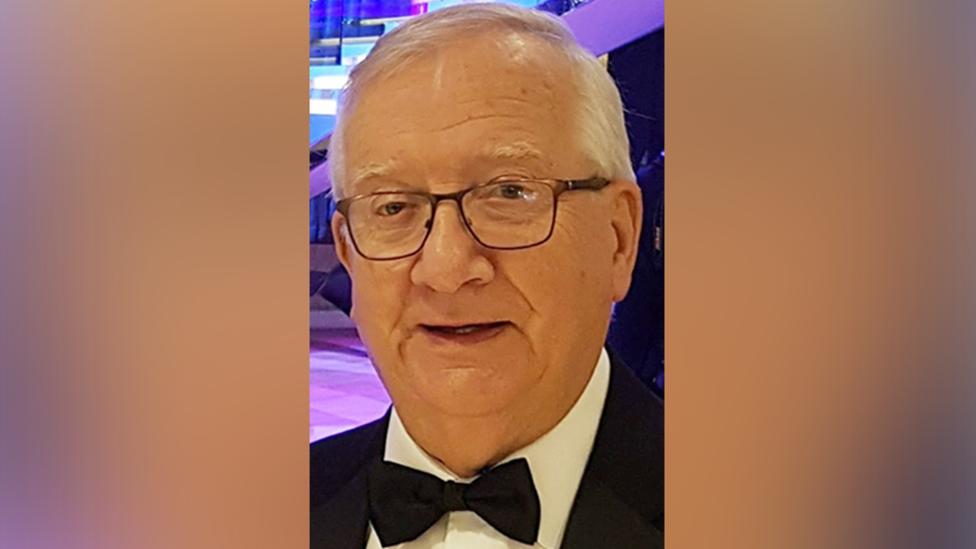
- Published11 November 2020
